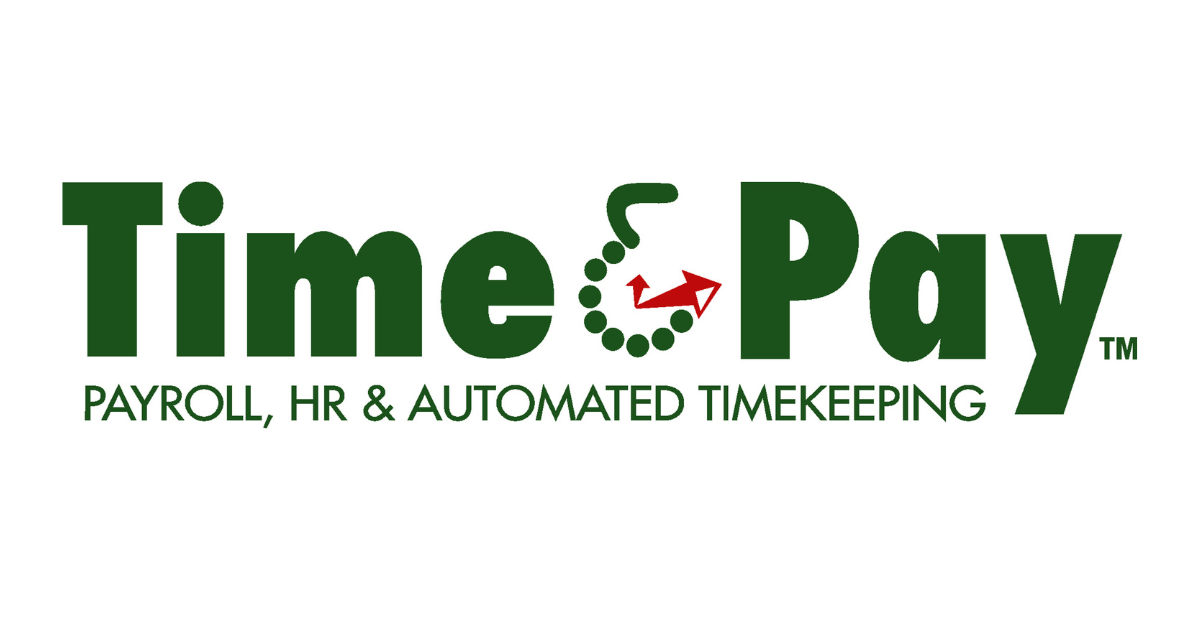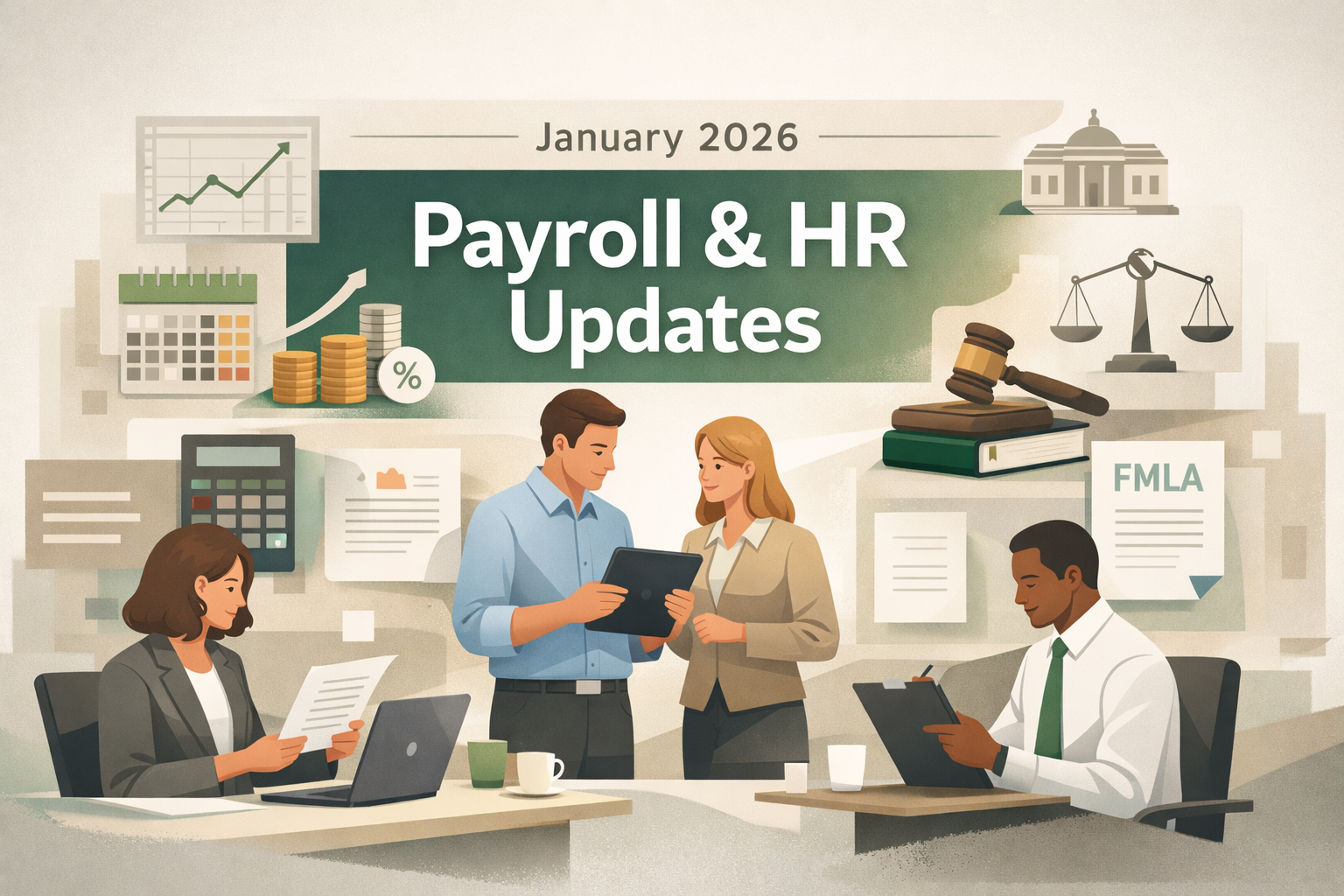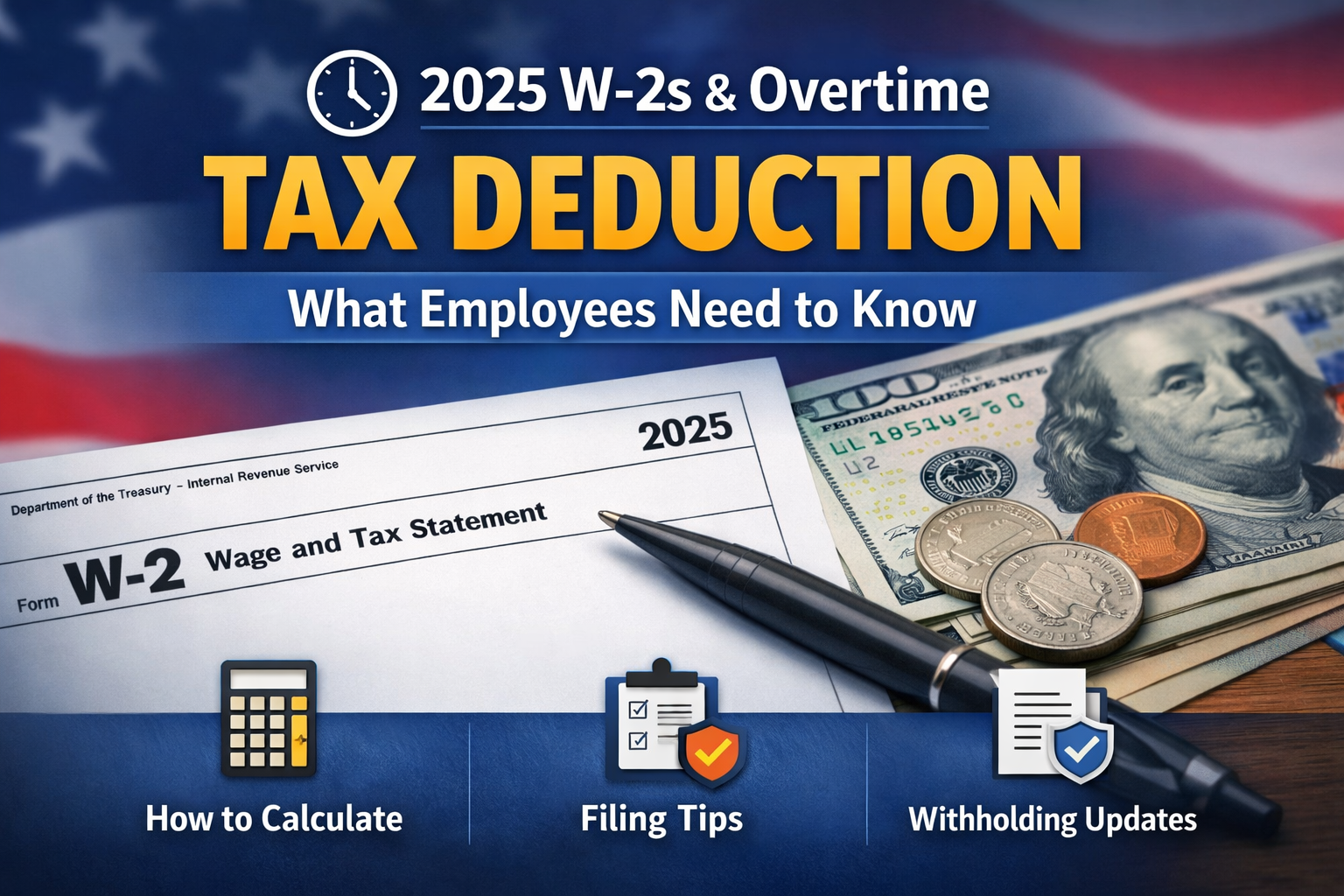Explore the tailored payroll and HR solutions that make Time & Pay the trusted partner for businesses in Jonesborough , TN
As a business owner in Jonesborough, TN, you know that managing payroll can be a complex and time-consuming task. Whether you run a small local shop or a larger enterprise, payroll services play a crucial role in ensuring smooth business operations and employee satisfaction.
At Time & Pay, we specialize in providing comprehensive payroll services tailored to meet the unique needs of businesses in Jonesborough and the surrounding areas.
Why Local Payroll Services Matter
Choosing a local payroll provider like Time & Pay has distinct advantages. We understand the local market, business regulations, and community dynamics better than national providers. Our personalized approach ensures that you receive prompt and attentive service. Moreover, we are just around the corner, ready to meet with you in person to discuss your payroll needs.
Comprehensive Payroll Solutions for Jonesborough Businesses
Time & Pay offers a range of payroll services designed to simplify your operations:
- Automated Payroll Processing: Save time with our automated payroll system that handles everything from employee payments to tax filings.
- Compliance Assurance: We stay up-to-date with Tennessee's payroll regulations, ensuring your business remains compliant and avoids costly penalties.
- Employee Self-Service Portal: Give your employees access to their payroll information, pay stubs, and W-2 forms through a secure online portal.
- Customized Reporting: Get detailed reports that provide insights into payroll expenses, tax obligations, and more.
Why Jonesborough Businesses Trust Time & Pay
Our expertise in payroll services is backed by years of experience and a deep understanding of local business needs in Jonesborough. Here are a few reasons why businesses in the area choose Time & Pay:
- Local Expertise: We are familiar with the specific challenges and requirements of businesses in Jonesborough, TN.
- Reliable Support: Our team is dedicated to providing reliable customer support, ensuring that any payroll-related issues are resolved quickly and efficiently.
- Scalable Solutions: Whether you are a small business with just a few employees or a larger enterprise, our payroll services are scalable to meet your needs.
Testimonials from Local Businesses
Many businesses in Jonesborough have already experienced the benefits of partnering with
Time & Pay. Here's what some of our clients have to say:
- Wonderful staff that are personable, prompt, and always able to help. Never have they made us feel that we are a nuisance and eager to help make any adjustments or offer advice on best practices. Highly recommend Time & Pay for any timeclock and payroll services needs!" — Gideon W. - Genesis Healthcare Center
Get Started with Time & Pay Today
If you are looking for reliable and efficient payroll services in Jonesborough, TN, look no further than Time & Pay. Contact us today to learn more about how we can help your business thrive.
Conclusion
Managing payroll doesn't have to be a headache. By partnering with Time & Pay, you can focus on what matters most – running your business. Let us handle the complexities of payroll so you can enjoy peace of mind knowing your employees are paid accurately and on time. Visit our dedicated Jonesborough payroll services page to get started today!




